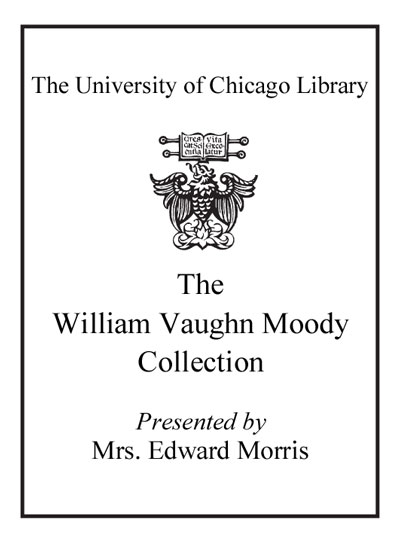Review by Booklist Review
Author of numerous novels, short stories, and other works, including Do Androids Dream of Electric Sheep? (1968), basis of the movie Blade Runner, and "I Can Remember It for You Wholesale," basis of Total Recall, Dick is known worldwide as a science fiction master. Shortly before his death, on March 2, 1982, journalist Lee, a longtime friend of Dick's, recorded several interviews with him. Among the topics discussed were details of Dick's writing process, his thoughts on Blade Runner (which he never got to see as a finished film), and preliminary plot and background information about the novel he was writing, The Owl in Daylight. Dick's fans will enjoy seeing how he formulated his ideas and reading about his never-finished novel. At times a bit repetitious, as extemporaneous interviews are wont to be, Lee's conversations with Dick provide a unique glimpse of one of sf's pantheon writers. --Bryan Baldus
From Booklist, Copyright (c) American Library Association. Used with permission.
Review by Publisher's Weekly Review
With his Hugo Award-winning The Man in the High Castle (1962), Philip K. Dick commenced his reign over literary sci-fi, presiding with innovative, philosophical narratives. At 53, the cult figure was verging on Hollywood celebrity with Blade Runner, adapted from Do Androids Dream of Electric Sheep? (1968), but he died in 1982, before the film's release. Sauter, whose introduction describes their friendship, introduced him to Lee, who recorded Dick weeks before his death. After 18 years, these transcripts bring fresh insights notably, into the imaginative biotech plot line of the unwritten The Owl in Daylight. (Lawrence Sutin culled the novel's prospectus from Lee's tapes for his Dick biography, Divine Invasions.) Dick also discusses music, writing, philosophers and his 1974-1975 mystical visions, when the revelation of his son's undiagnosed birth defect "down to anatomical details" saved the child's life. He lived to see 20 minutes of Blade Runner scenes, and responds enthusiastically and extensively to features like the "400-story police building that dominates the landscape" and the punk rock extras ("these are not actors. Nobody looks that sinister. Except the people who are that sinister"). Several misspelled names are a minor annoyance amid the exuberant thought processes ricocheting around this book, deemed in a foreword by SF novelist Tim Powers (The Anubis Gates) a "vivid portrait" of a writer who chose creative intensity over healthy blood pressure, and ultimately "killed himself" through overwork for his art. (Mar. 19) Forecast: Fans will rejoice. Dick's ever-growing reputation will get a big boost from the forthcoming film version of his 1956 story "Minority Report," starring Tom Cruise and directed by Steven Spielberg (filming begins in March). (c) Copyright PWxyz, LLC. All rights reserved
(c) Copyright PWxyz, LLC. All rights reserved
Review by Booklist Review
Review by Publisher's Weekly Review

